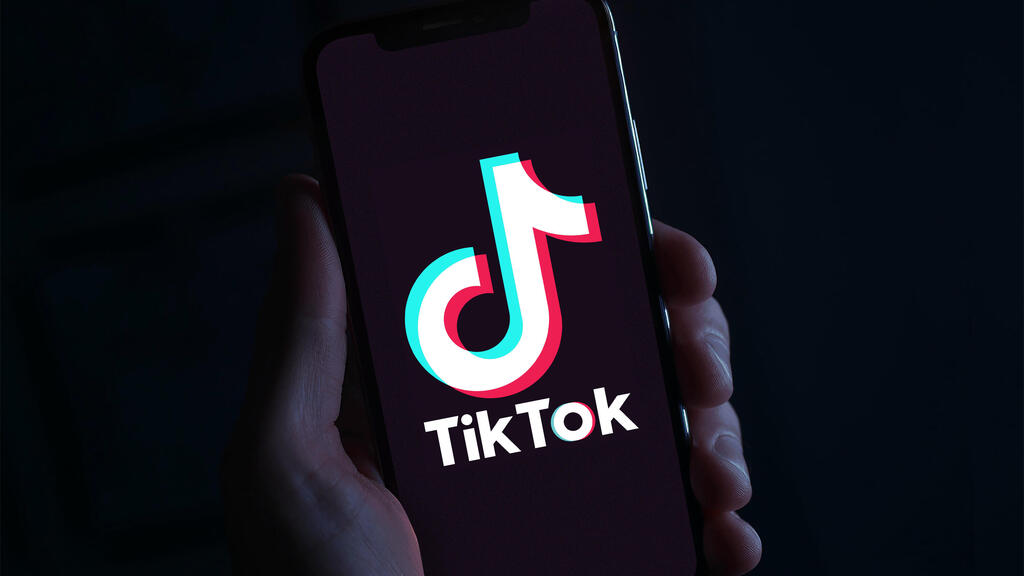Getting your Trinity Audio player ready...
A bill recently presented by former innovation minister MK Orit Farkash-Hacohen has garnered support from both the coalition and the opposition. The proposed legislation would ban the use of apps controlled by foreign states, including TikTok, on government-issued phones used by certain state employees, including ministers and their close staff.
Farkash-Hacohen, who chairs the Knesset’s Committee on Advanced Technologies, emphasized that the bill aims to address the risk of sensitive data being collected from government devices and potentially transferred to foreign governments such as China.
"This bill is not unusual and has already been implemented in countries such as the U.S., Australia, Canada, India and several EU states," she said, stressing the need for vigilance given current geopolitical concerns involving China, Russia and Iran.
The proposal follows a June discussion in the Knesset’s Committee on Artificial Intelligence and Advanced Technologies, which included representatives from Israel's National Security Council, TikTok, the Privacy Protection Authority and other experts.
During the session, TikTok was accused of "silencing pro-Israel content," with research presented showing that neutral TikTok accounts received significantly more anti-Israel content than pro-Israel content.
Currently, more than 20 Israeli ministers, including Prime Minister Benjamin Netanyahu and key members of the Security Cabinet, maintain TikTok accounts.
TikTok, which has billions of users globally, including 3.8 million in Israel, has faced scrutiny over its data collection practices. Notably, in 2020, the app was found to have violated Google’s policies by secretly collecting user data, and in 2021, it added biometric data collection to its terms of service without clear justification.
Concerns have also been raised in the United States about TikTok tracking American citizens and journalists. Cybersecurity experts warn that the app can extract data from devices and trace it back to China, where TikTok’s parent company, ByteDance, is based. ByteDance is subject to Chinese laws requiring companies to share data with authorities upon request, a requirement vaguely outlined in TikTok's terms of service.




